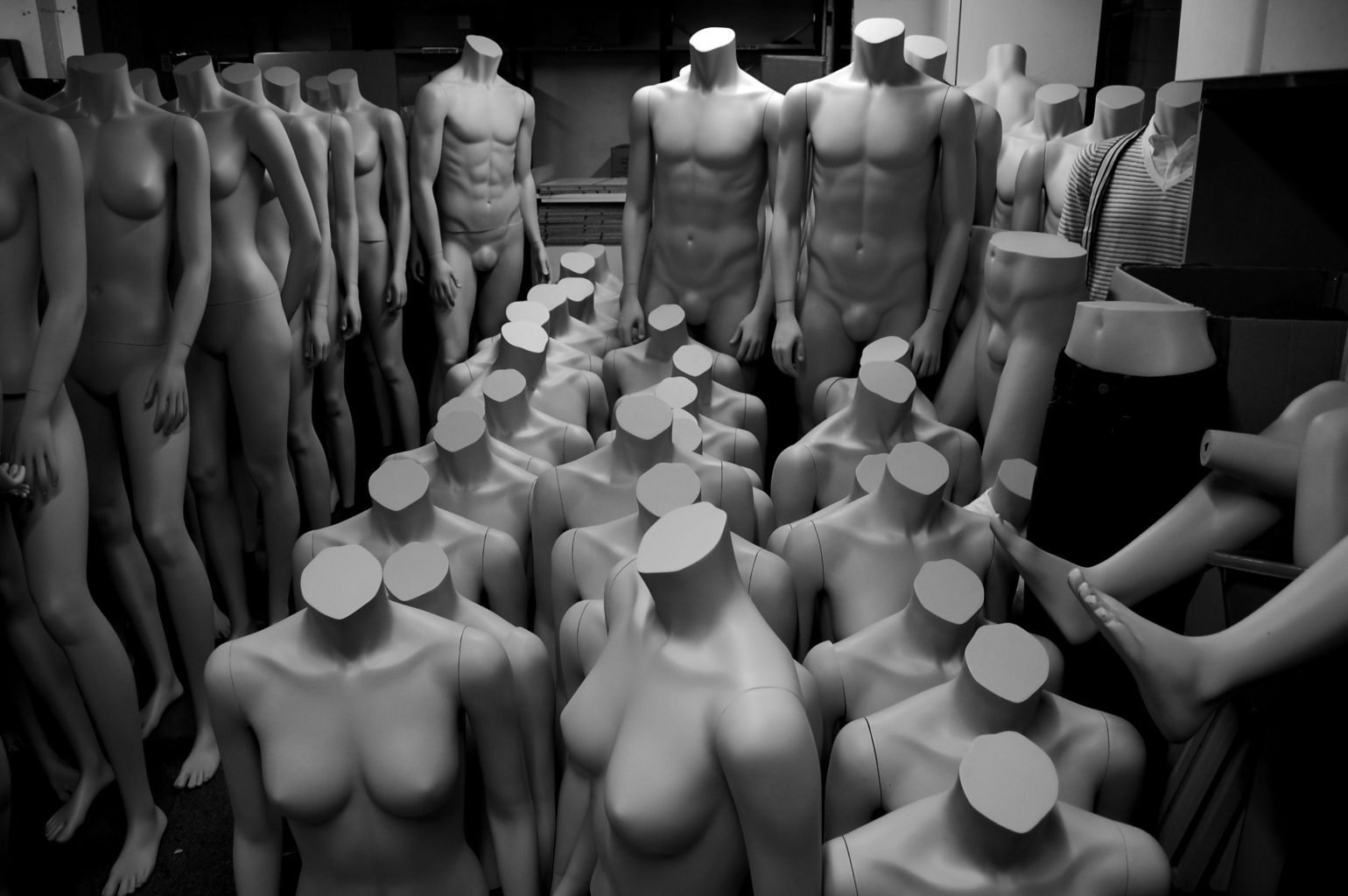Within and without: Our fixation with the physical
With a new series of University Challenge comes the occasion once more for another batch of champions to represent our small community and defend our intellectual honour. For the first time I actually knew somebody participating, an individual I have had the pleasure of knowing since my first days at Warwick. Unfortunately, and sadly all too predictably, the appearance of Sophie Rudd – a transgendered person – provoked certain elements of our esteemed species to respond negatively.
I felt such responses to Sophie’s performance, including many positive comments from supporters, highlighted another facet of modern values worth discussion. Rather than stemming singularly from transphobia, jealousy or anti-intellectualism, this event and many like it instead originate from our cultural obsession with the physical rather than the psychological.
During a political rally in Washington D.C. last month, I stood on the exact spot where the Reverend Dr. Martin Luther King expressed his dream that we would judge others by the content of their character. Yet after over fifty years our society has become even more fixated on the physical. Cosmetic companies impress upon us the prophecy that if we permit the dandruff flake we shall die alone, clothing designers that unless we expend $100 on a t-shirt we are unattractive, and an endless barrage of tooth whitening products suggesting anything short of dazzling teeth shares parity with the one-toothed Graeae of Greek mythology.
This event and many like it instead originate from our cultural obsession with the physical rather than the psychological
As a male, particularly a skinny athlete, I am recurrently reminded of the societal value placed upon the coveted six-pack abdominal muscles. Thinking back to my childhood, other than the action greats such as Schwarzenegger or Stallone few figures of renown possessed the physique now demanded by Hollywood. While the increased prevalence of gyms is in itself positive, it saddens me that many of its occupants enter not because of a love of their sport but a socially conditioned need to attain a particular image.
To demonstrate: I am Steve. I am 22, 5ft6, male, heterosexual, 116lbs, a long distance runner and a postgraduate student. I have all my lateral incisors missing – mother’s genetics – and a surgically reattached finger – father’s fault. None of these attributes identify or define who Steve is, what he is like, and how he might act. Each has gifted me certain experiences, some more influential than others, which in turn shaped and moulded my emotional and psychological development to create the individual known as Steve.
But if I were 200lbs tomorrow, or suddenly grew to 6ft – unlikely at my age but I live in hope – would Steve change? Minimally perhaps, but the substantial bulk of person would remain. My ethics would endure, my interests would persist, my dark sense of humour would continue unabated, and my stubbornness would remain.
None of these attributes identify or define who Steve is, what he is like, and how he might act
When I first met Sophie I knew her by another name, she had a different hair style, and dressed differently. That is the sum of the differences, none of which equate to a shattering alteration to her as an individual to me. That Sophie is physically different to myself is undoubtedly true, just as I am different from you the reader. But that this fact even matters, and sufficiently so for some to actively impart hatred, is a distinctive and damning trait of our present culture and the extent to which some have been indoctrinated into the cult of physicality.
Each and every one of us are physically diverse, with any generic model of an ideal human applied broadly across society thus innately absurd. And founding a society’s notion of self-worth and identity on such a transient and irrelevant facet of our beings is patently ridiculous.
At its core most forms of discrimination prevalent in modern society inhabit extremely superficial physical criteria, be it an atypical ethnicity, gender, or body mass. Whilst we are moving towards an ostensibly more tolerant society on many of these grounds – although recent events in the United States and across Europe have shaken my confidence to the extent of such progress – and with many individuals better educated about issues such as transgenderism, discrimination continues unchanged.
When I first met Sophie I knew her by another name, she had a different hair style, and dressed differently. That is the sum of the differences.
Such discrimination cannot cease until we overcome our culturally imposed fascination with appearance and reject the concept of an ideal or “normal” image impressed upon us by mass advertising and the celebrity culture. As a species we stand apart from other animals by our allegedly greater intelligence and personalities, so perchance it is time we actively seek to include such evolutionary masterpieces into our equations for valuing others rather than utilizing the crudest and most basic genetic indicators as our primate ancestors do.

Comments